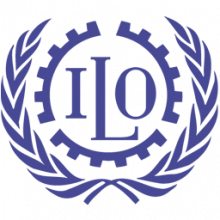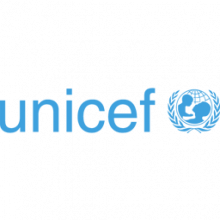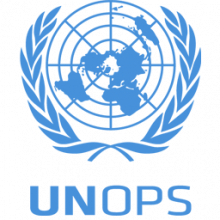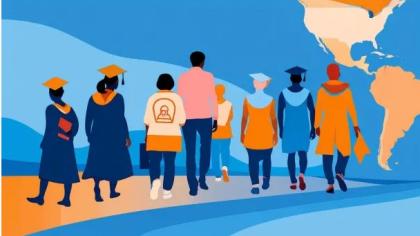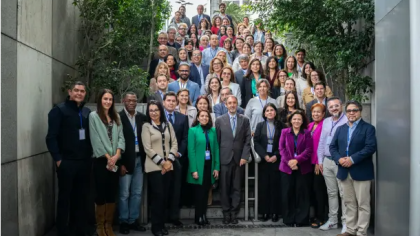
Description
Progress towards quality education was already slower than required before the pandemic, but COVID-19 has had devastating impacts on education, causing learning losses in four out of five of the 104 countries studied.
Without additional measures, an estimated 84 million children and young people will stay out of school by 2030 and approximately 300 million students will lack the basic numeracy and literacy skills necessary for success in life.
In addition to free primary and secondary schooling for all boys and girls by 2030, the aim is to provide equal access to affordable vocational training, eliminate gender and wealth disparities, and achieve universal access to quality higher education.
Education is the key that will allow many other Sustainable Development Goals (SDGs) to be achieved. When people are able to get quality education they can break from the cycle of poverty.


